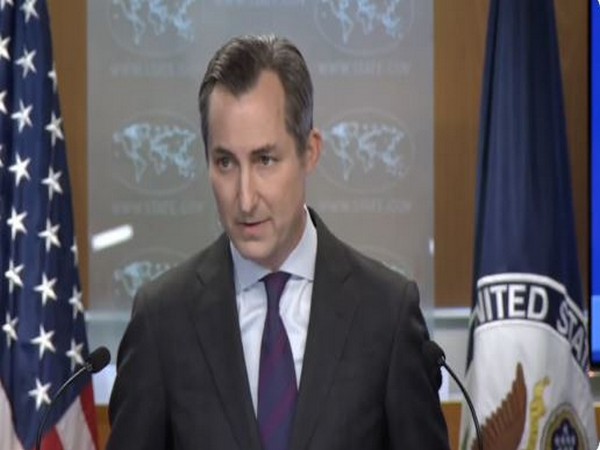US State Department Highlights Supreme Court Stay on 'Nameplates' Directive in India
US State Department Spokesperson Matthew Miller noted the Indian Supreme Court's interim stay on the 'nameplates' directive for eateries during the Kanwar Yatra. Miller emphasized ongoing dialogue with Indian officials on religious equality. The court is hearing petitions challenging the directive aimed at maintaining law and order.

- Country:
- United States
The US State Department's Spokesperson Matthew Miller highlighted that the Indian Supreme Court has issued an interim stay on the controversial 'nameplate' directive affecting eateries during the Kanwar Yatra. 'These directives are not currently in effect,' Miller confirmed during a press briefing responding to a Pakistani journalist's inquiry.
'We have seen those reports. We have also seen reports that the Indian Supreme Court on July 22 issued an interim stay on the implementation of those rules. So they're not actually in effect,' Miller stated. He further emphasized that the US has engaged with Indian counterparts on ensuring equal treatment for all religions.
'Speaking generally, we are always committed to promoting and protecting universal respect for the right of freedom of religion and belief for all anywhere in the world. And we have engaged with our Indian counterparts on the importance of equal treatment for members of all religions,' Miller reiterated. This comes as India's highest court on Monday issued a temporary stay on directives that required eateries along the Kanwar Yatra route to display the names of their owners, a measure purportedly aimed at maintaining law and order.
The directive was enforced across several districts in Uttar Pradesh and was also adopted by authorities in Uttarakhand and Madhya Pradesh. The court is currently hearing a series of petitions challenging the directive, which was initially issued by the Senior Superintendent of Police in Muzaffarnagar, Uttar Pradesh, stressing the need for such measures in the interest of law and order.
(With inputs from agencies.)










